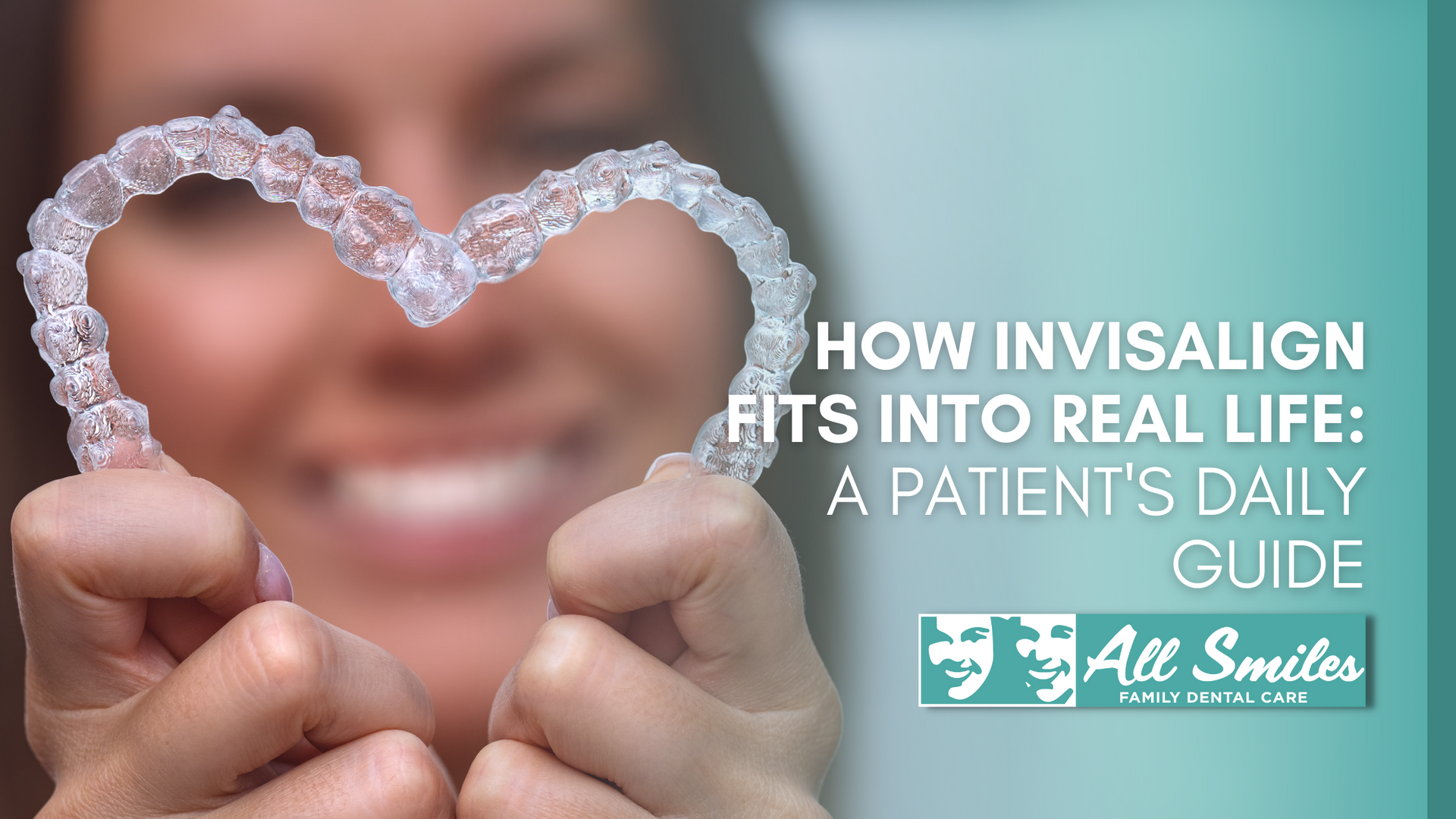What Causes Periodontitis?
If you have established good dental hygiene habits and yet find that your gums are sore, you may wonder what the underlying issue or cause could be. In spite of your efforts to keep your teeth clean and to always make it to your dental appointments, your inflamed gums can possibly be a sign of periodontitis.
What Is Periodontitis?
Periodontitis is the term used for gum disease (often in advanced stages.) Gum disease is one of the more prevalent dental issues among men and women in the United States, and it is possible to develop it even if you have a meticulous oral hygiene routine. There are several ways that gum disease can develop:
- Plaque build-up from the foods and drinks you consume. You can get prevent plaque with regular brushing and flossing.
- Tartar accruing on the teeth when plaque is not cleaned off; this must be removed with a professional cleaning.
- Gingivitis occurs when the gums become inflamed and red. A common sign of gingivitis is bleeding when brushing or flossing.
- Pockets of bacteria developing in the gums and teeth.
How Do You Know If You Have Periodontitis?
Regular check-ups are recommended so that your dentist can detect and treat the signs early on. Here are a few common symptoms people with gum disease may experience:
- Constant bad breath
- Pain while eating
- Sensitive teeth
- Swollen, red, or bleeding gums
- Gum recession
The dental professionals at All Smiles can help identify signs of periodontitis and measure any pockets in the gums. During this check-up, you may hear some numbers. Any pockets that measure from 1 to 3 millimeters are generally considered healthy. A number over 3 millimeters is likely to require periodontal treatment.
What Can You Do To Treat It?
Once you have been diagnosed with periodontitis – it’s imperative to take the next steps to treat it. Our team likes to focus on preventive treatment. Preventive treatment means we will create a plan of action to help minimize the damage the disease is currently causing in your mouth. Once we get the periodontitis under control, we will schedule regular examinations to ensure it does not return in full force.
Regular oral health maintenance is necessary to combat the effects of gum disease fully. However, it is also important that you take the proper steps at home to get the maximum benefit from our services. If you have not yet established the habit of brushing and flossing your teeth twice a day, and possibly even using a good mouthwash, now is the time to do so.
What Happens If You Do Not Get Treatment?
There are a lot of people who put off getting periodontitis treatment when they know their mouth needs professional attention. You might not worry as much if your mouth was hurting and then stopped. With gum disease, just because the pain goes away does not mean the problem is fixed – in fact, it may indicate that the disease is progressing.
If periodontitis is left unchecked, it can lead to gum recession, which exposes more of the roots of the teeth. When this occurs, the teeth become more sensitive to hot and cold foods and drinks. It also puts the teeth at a greater risk of falling out. Treatment to fix these issues may become more extensive, including flap surgery and bone or tissue grafts.
Progressive periodontitis can also wreak havoc on your body’s immune system. Consider this: Gum disease develops because of the buildup of bacteria around the teeth and in the gums, and all of that bacteria in your mouth is transferred to other parts of your body whenever you swallow. Untreated periodontitis could make it easier for you to fall ill.
Is There a Link Between Periodontitis and Other Diseases?
Research has shown that people with certain diseases may be at a higher risk of developing gum disease. For example, diabetes tends to reduce blood circulation , which can directly affect the gums. People with diabetes should take extra care to prevent gum disease as it can quickly get out of hand without proper monitoring.
Similar to diabetes, heart disease also reduces blood circulation, making the 28 million Americans who suffer from it each year more likely to develop periodontitis. It is important to brush and floss after every meal and see your dentist regularly if you have been diagnosed with heart disease.
Seeking Periodontitis Treatment
Many people might write off periodontitis as a fact of life because gum disease seems to be so common. However, leaving gum disease untreated could further complicate your health issues down the line. All Smiles Dentistry offers extensive treatment and preventive services to help deter the consequences of periodontitis. Contact our team today to learn more or to schedule an appointment.
The post What Causes Periodontitis? first appeared on All Smiles Dentistry.



